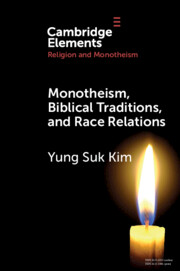No love is possible without justice. But it is not easy to answer what true justice is. For example, Jesus deals with many different aspects of justice in his parables, including attributive justice, distributive justice, retributive justice, restorative justice, and social justice. Since society is so complex, people can benefit from the diversity of justice, depending on their life situation.
In retrospect, I see myself as more than a biblical or New Testament scholar. I am a scholar of humanities who seeks to explore the issues addressed in the humanities. Though my primary text is the New Testament, I include other texts such as our living texts of politics and other classical literary texts. In all of these, I try to find the intersection of religion and politics. This intersection again leads to the transformation of individuals in particular and society in general.
Diversity must be a key to understanding the world where all kinds of people and cultures coexist. This means no one race, one culture, one tradition, or one religion dominates all others. The truth may be revealed in varying spheres of human life and in variegated ways that cannot even be named. Otherwise, mere differences with other cultures do not automatically or necessarily constitute diversity.
We need to engage in how to think together, how to respect one another, and what to do to create a just society and a better world. Differences with cultures or religions are not the sources of danger or taboo but should become occasions for mutual engagement and shared learning experiences. Otherwise, cultural or religious arrogance will dominate our religious space and political world. In the end, we need critically engaged diversity, which can foster global solidarity. We are different and yet share a common humanity, which is our honor and duty to live and bequeath to posterity.





